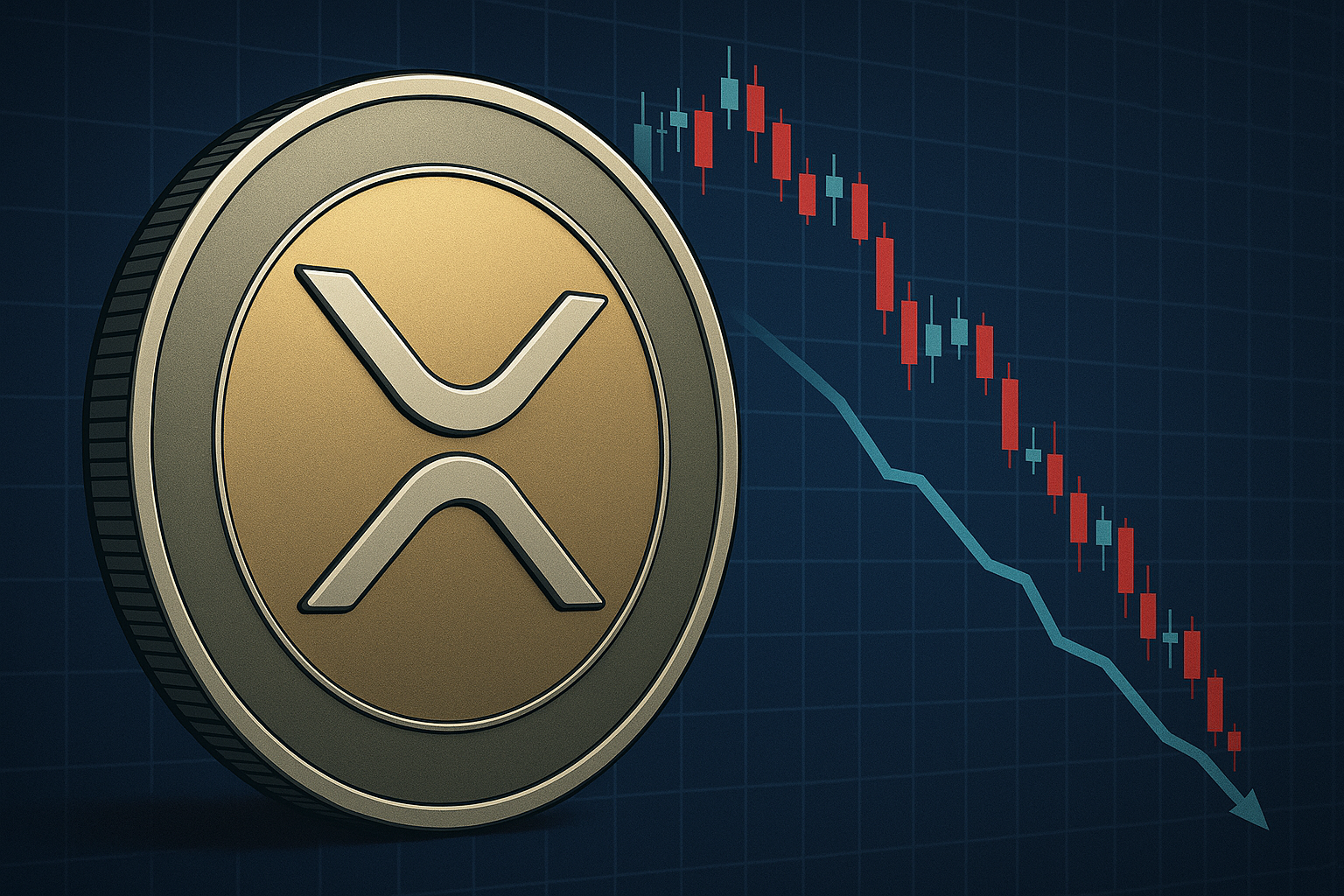This 14-year-old PC standard is finally dying for good
The decline of PCIe Gen 3 M.2 SSDs is largely driven by the widespread adoption of PCIe 4 drives.

The storage industry has been undergoing a significant change, with PCIe Gen 3 M.2 SSDs gradually being phased out as manufacturers focus on newer and faster standards like PCIe Gen 4 and Gen 5. The transition has been slow, however.
According to a report by ServeTheHome, though, SSD manufacturers are finally discontinuing production of these older SSDs for PCs. The report claims that this shift is driven by the growing affordability and adoption of PCIe Gen 4 SSDs, which offer almost double the bandwidth of Gen 3. Major chipmakers like Intel and AMD now support PCIe Gen 4 as the baseline for new platforms, further accelerating the transition. For instance, Intel’s newly launched Core Ultra 200S paired with the Z890 chipset offers PCIe channels that all begin at PCIe 4.0.
PCIe Gen 3 SSDs, which have been around since the early 2010s, are becoming increasingly irrelevant, especially for high-capacity models. While smaller-capacity Gen 3 SSDs remain in circulation, large-capacity drives are now predominantly PCIe Gen 4-based. PCIe Gen 5 SSDs are also gaining traction, offering even higher performance, especially for workloads that demand extreme read/write speeds, such as gaming, video editing, and data-intensive tasks.
 Corsair
CorsairThis move is not limited to consumer markets. Enterprise-level platforms are also shifting away from Gen 3 in favor of PCIe Gen 5 and even PCIe Gen 6 SSDs, as businesses require higher throughput for servers and data centers. PCIe Gen 3’s limitations are becoming more apparent, particularly in cutting-edge applications, prompting manufacturers to stop R&D and production for Gen 3 models.
In the coming years, the market is expected to see the dominance of PCIe Gen 4, with PCIe Gen 5 becoming mainstream. As manufacturers fully embrace these newer standards, consumers will benefit from faster, more efficient storage solutions that cater to the increasing demands of modern computing.
Kunal is a Computing writer contributing content around PC hardware, laptops, monitors, and more for Digital Trends. Having…
Why I’m still using a 14 year-old Dell monitor and I’m not ashamed
PCs are both a hobby of mine and my literal job, so I'm lucky enough to spend time with some of the latest and greatest hardware in the world. And yet sitting alongside my VR PC with a Radeon 6950XT and my test bench with an RTX 4090 and Core i9-13900K in it, I also have a 14-year-old Dell monitor. It's the oldest piece of everyday technology I own, and I don't plan to replace it any time soon.
Here's why I'm still using my beloved Dell UltraSharp 2408WFP after all this time.
It was damn good in its day
Razer quadruples the Blade 14’s USB speed with a simple software update
The crisp performance of the 2022 Razer Blade 14 is about to get even sharper, slicing through data transfers faster than ever with an impressive USB upgrade. Improving hardware specifications usually requires physical changes but Razer manages to achieve this with a simple software update.
While the company's website lists the 2022 Razer Blade 14 as including two USB-C 3.2 Gen 2 ports, both will become USB 4 ports which offer up to 40Gbps data transfer speeds, that's four times as fast as before, enough to support multiple 4K monitors and the fastest SSDs.
The Samsung 990 Pro SSD is built for PS5 and DirectStorage
Much of the discourse on SSDs has recently been focused on the upcoming PCIe 5.0 spec, which has twice the bandwidth of PCIe 4.0 and will theoretically allow SSDs to hit even greater speeds, just as PCIe 4.0 did in 2019. But that doesn't mean PCIe 4.0 SSDs are old hat now, as Samsung is launching its new 990 Pro SSD with older PCIe 4.0 technology. And it's ready for Microsoft's DirectStorage and PS5.
Although Samsung has PCIe 5.0 SSDs for enterprise, which feature much faster sequential speeds and input/output operations per second (IOPS) than any PCIe 4.0 SSD, the company is sticking with PCIe 4.0 for consumer-oriented devices for the time being. There's more to an SSD than just the interconnect it has, however, such as NAND storage chips themselves, the software and firmware, and the SSD controller.

 Kass
Kass 



































